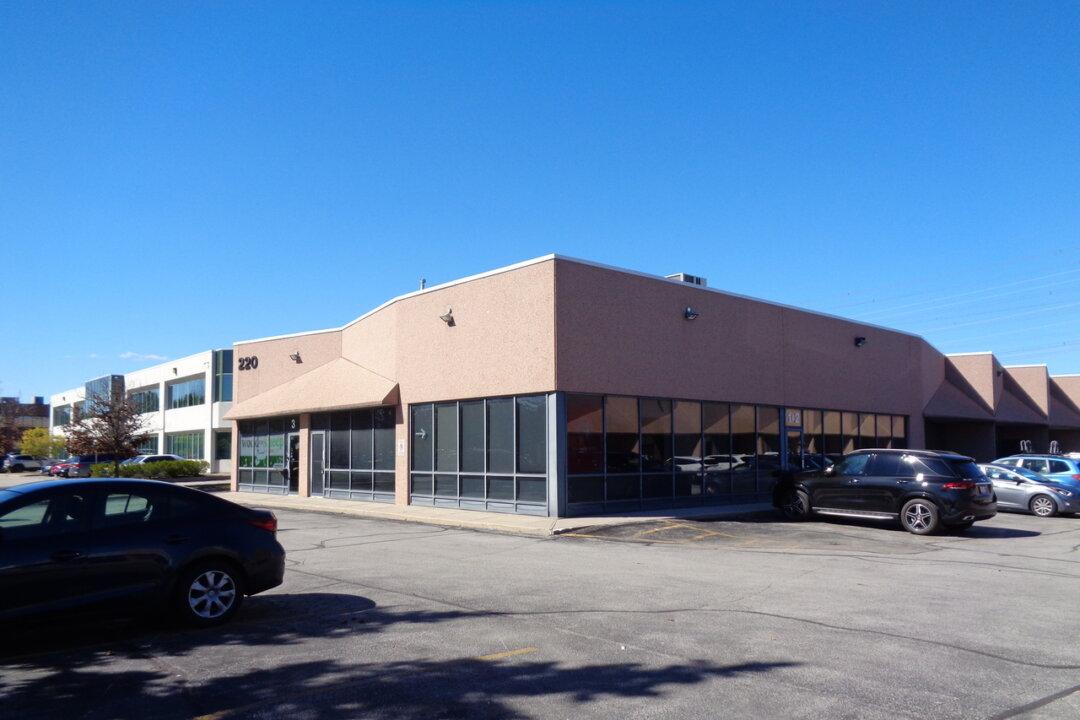Canada has made official complaints to the Chinese ambassador in regard to reports of unofficial Chinese police service stations operating in Canada, a senior official from the foreign affairs department told MPs.
Weldon Epp, director general for Global Affairs Canada’s Asia Pacific Bureau, testified at the House Canada-China committee on Nov. 29, that his department has formally raised objections to the China ambassador in response to reports of over 50 unofficial Chinese police service stations around the world. The revelations were first reported by Spain-based human rights NGO Safeguard Defenders in a September report aimed at investigating Beijing’s long-arm policing and transnational repression.





